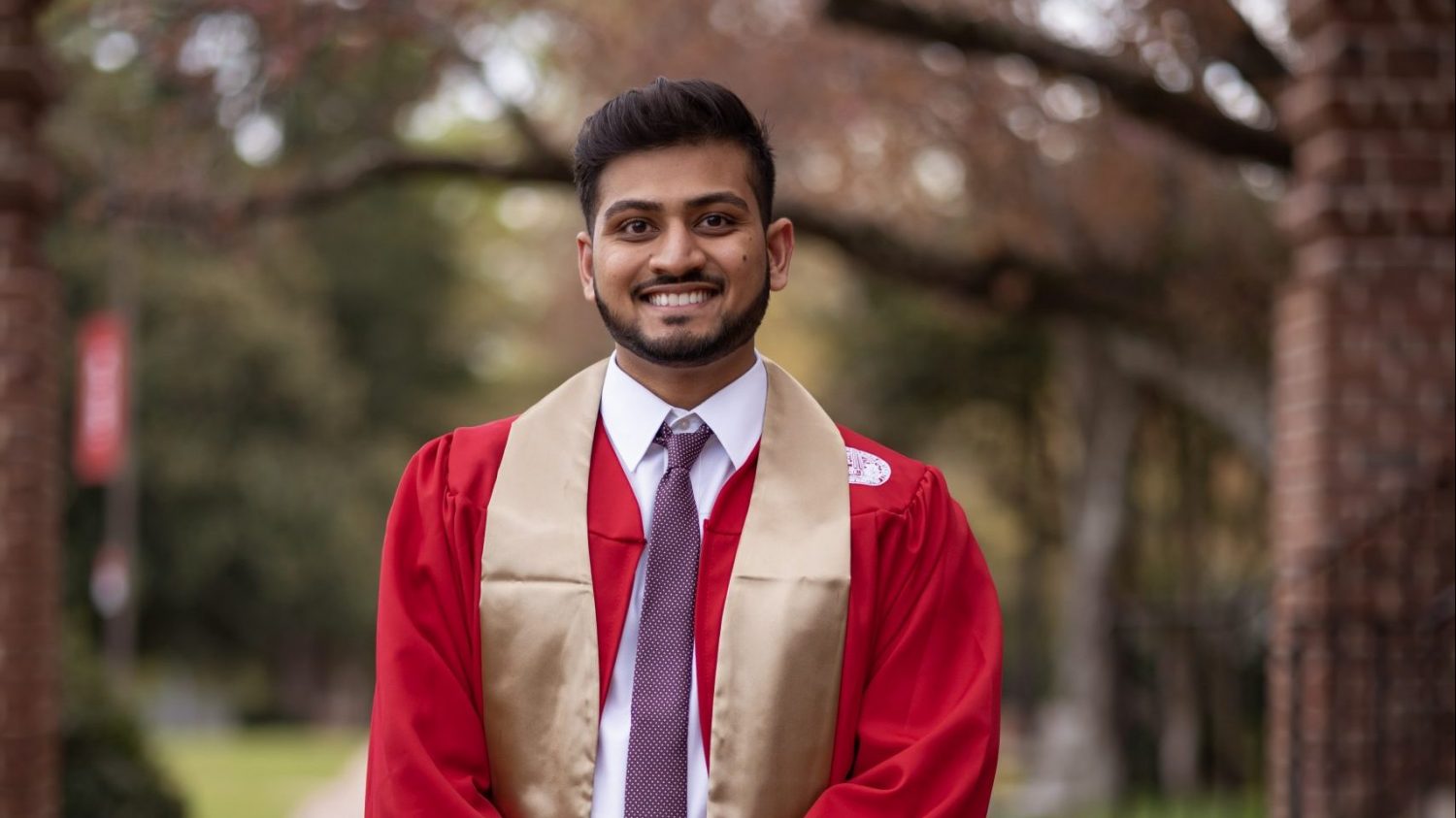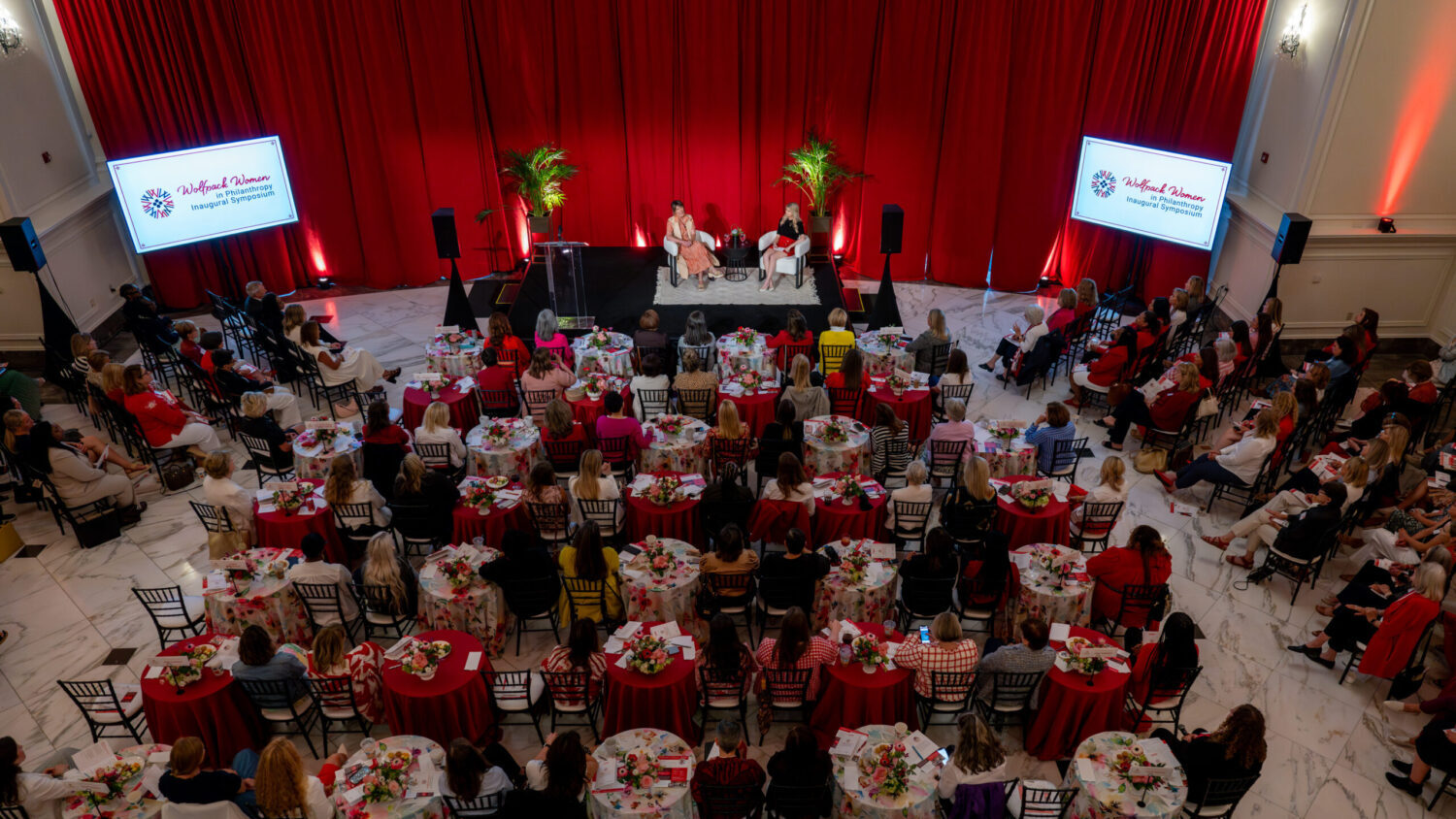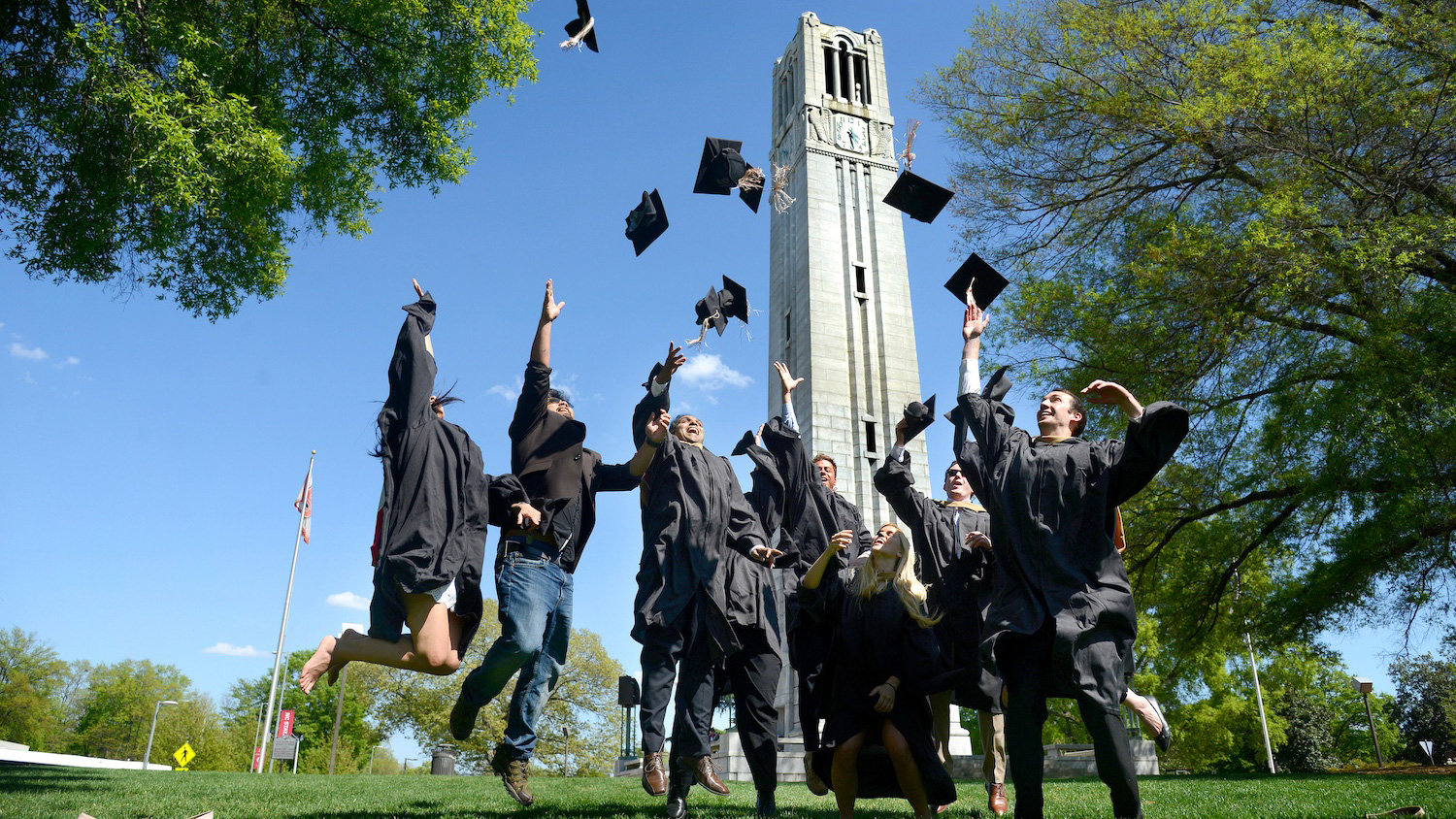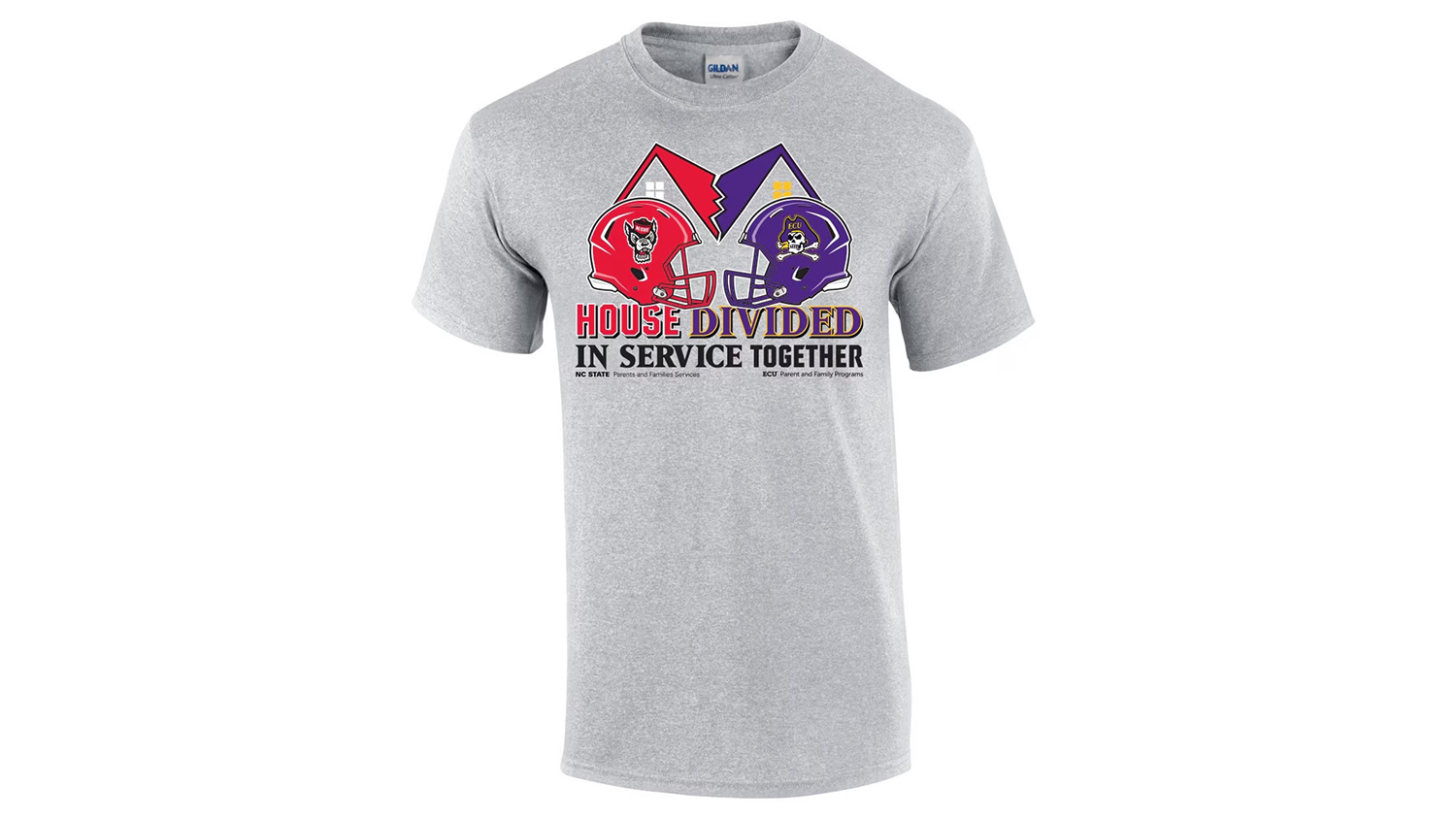As Dhuru Patel graduated high school four years ago with plans to pursue a career in health care, the STEM-based focus and pre-health care study opportunities that NC State offered had him leaning toward attending the university.
His receipt of the Dean and Gail Bunce Scholarship through the College of Sciences sealed the deal.
In the time since he chose NC State, Patel said he has felt the full impact of that scholarship. He has worried less about paying for school, which allowed him to pursue study, extracurricular and service opportunities. Combined, those undergraduate experiences helped cement Patel’s decision to attend medical school.
Volunteer work with groups such as Wake Smiles at the Salvation Army, which provides dental care to under-resourced adults in Wake County, and Missions of Mercy, which offers free dental services, gave Patel the opportunity to see health care in action for those that otherwise couldn’t afford it.
Most recently, he volunteered as a COVID-19 tester and with a vaccination team, allowing him to see medicine at work in unprecedented times.
“During college my volunteering became a bit more focused on helping to bridge the gap between what some of the community’s members need versus what they currently have,” Patel said. “It definitely helped push me toward medicine more as well, especially volunteering with medical organizations.”
Patel, who grew up in western North Carolina, will receive a B.S. in biological sciences with a concentration in human biology, and a minor in business administration this May.
He is part of the Daniel L. Solomon Scholars Program, named for the College of Sciences’ inaugural dean, who spent more than 30 years at NC State before retiring in 2015. Solomon Scholars are selected based on academic achievement, scientific leadership qualities and distinctive life experiences. The program is currently made up of 16 named scholarships, including the Dean and Gail Bunce Scholarship.
A pre-medical school track requires not just intensive studies, but also professional and academic activities outside the classroom, such as shadowing and volunteering with medical professionals, he said.
“The scholarship was really a catalyst for my academic development because I was able to focus on that,” Patel said.
He also spent the last three years doing research under the direction of Adam Hartstone-Rose, associate professor in the Department of Biological Sciences. The research involved creating three-dimensional models of the skull and mandible of extinct species, then highlighting “bony correlates,” the marks on the bone made from interactions between soft tissue and bone, to predict bite force. Patel then compared that to data gathered from living animals.
“Traditionally, the original method would take a ‘birds eye’ shot of the bottom of the skull and the mandible and manually measure based on the picture, but my project was trying to do this with modern technology in 3-D space,” he explained. “We figured that the additional z dimension of the 3-D model would be more accurate than the 2-D original method with a picture, and would thus be a better predictor of bite force.”
Patel has been involved with a variety of clubs on campus, and served as a College of Sciences ambassador. In addition to volunteering with organizations focused on health care, he has volunteered locally with both the Inter-Faith Food Shuttle and with the Raleigh YMCA’s Community HOPE, an academically structured mentoring and literacy program that addresses the individual learning needs of students living in affordable housing communities.
“Service is a nice way to diversify and not just focus on classroom work,” Patel said. “Long-term, I hope to give back through the skills that I learn in medicine, working in places like volunteer clinics.”
Patel said he’d grown up with a love for science, and in thinking about ways to couple that with an interest in working with people, he decided on medicine. As his early volunteer experiences demonstrate, he thought about dentistry, but ultimately decided medicine would make him happier. Patel said he’s not sure yet where he’ll focus in medicine but is leaning toward primary care.
He will be the first generation in his family to graduate college. His parents were immigrants who came to the United States to give their kids more opportunities than they enjoyed.
“They really just said, you have this opportunity that we didn’t have – if you want to pursue education, do it,” Patel said.
As a first-generation student, he had support from the TRIO program at NC State. TRIO is a federal program that helps students overcome class, social, and cultural barriers to higher education.
“I really enjoyed the structure and support that they provided first-generation students,” Patel said.
So much so that he became a TRIO Student Support Services STEM peer mentor, pairing him with another NC State student to help that student transition into or through college. And later, he served as a TRIO tutor, tutoring fellow students in microbiology.
“I like being able to use my prior experience and knowledge to help someone else navigate their academic journey,” Patel said.
Through that, and so many other experiences, Patel found community at NC State — not just with other students, but with faculty as well.
“It’s a very big school, but you don’t feel like just a number,” Patel said. “The faculty treat you as individuals.”
His time at NC State has also shown Patel that the college experience can be about much more than academic development.
“I learned a lot through my major, but I feel like I grew a lot as an individual as well,” Patel said. “Relationships with professors and friends have made me more well-rounded and a better individual.”
It’s something he wants donors to know as they consider supporting scholarships like his.
“The donations that they’re making are having an impact on the students themselves,” Patel said. “It is positively influencing students’ lives in ways that you can’t necessarily measure.”
- Categories:



